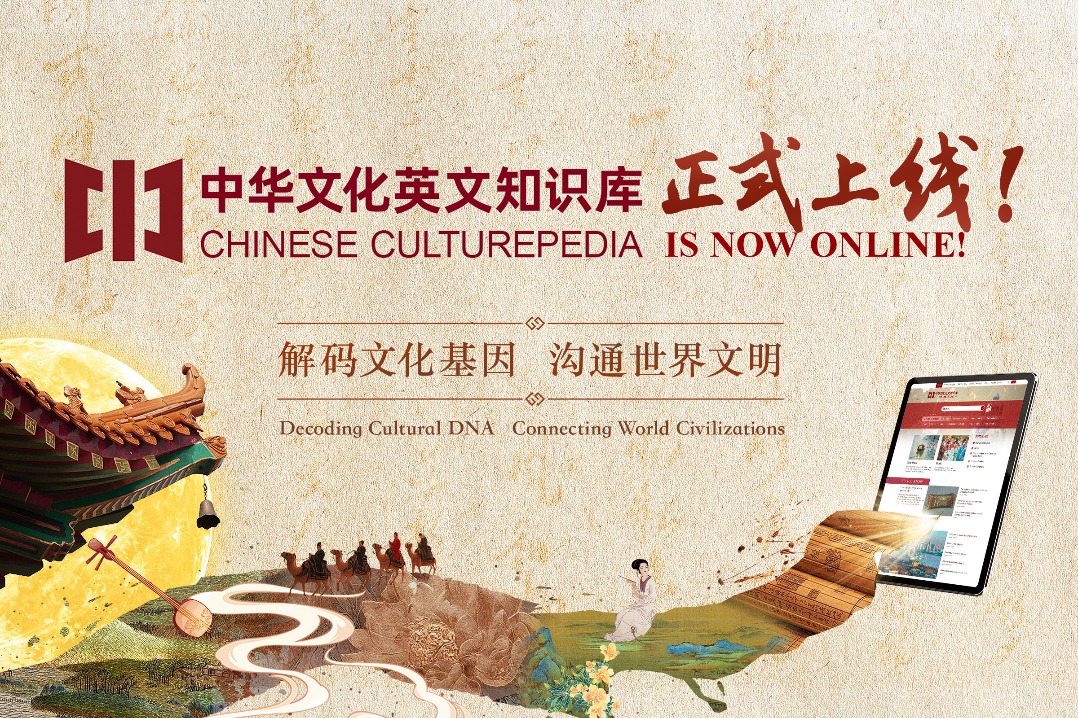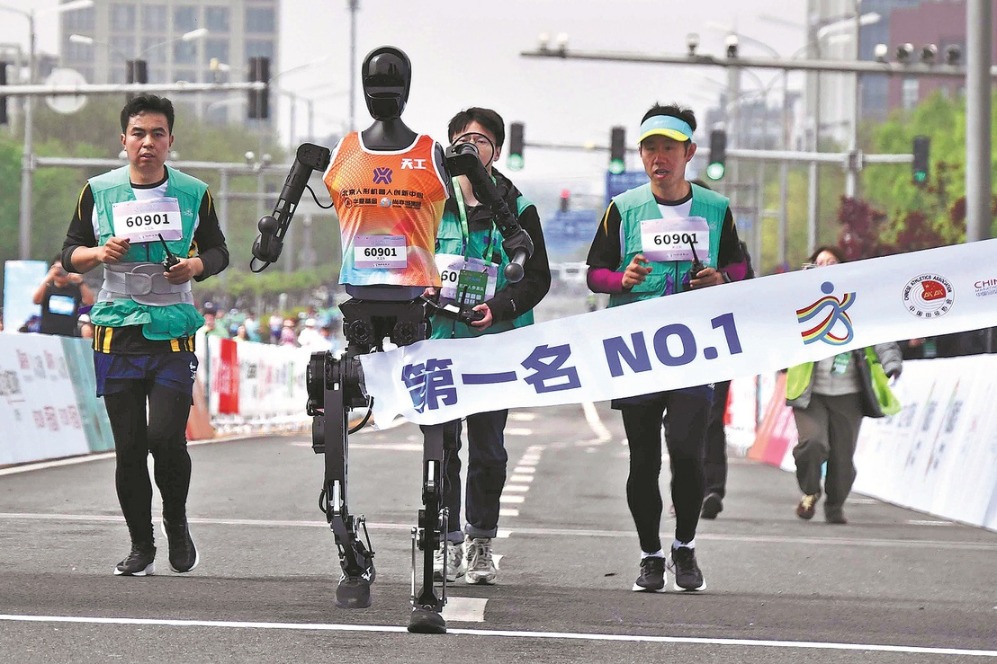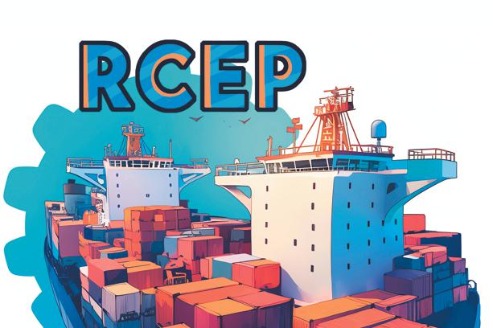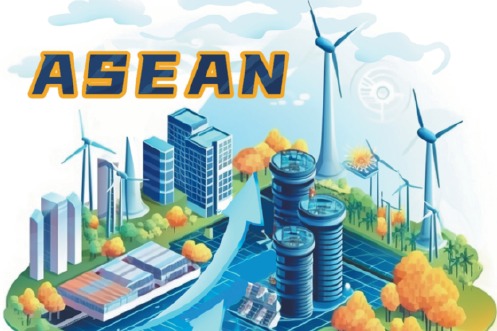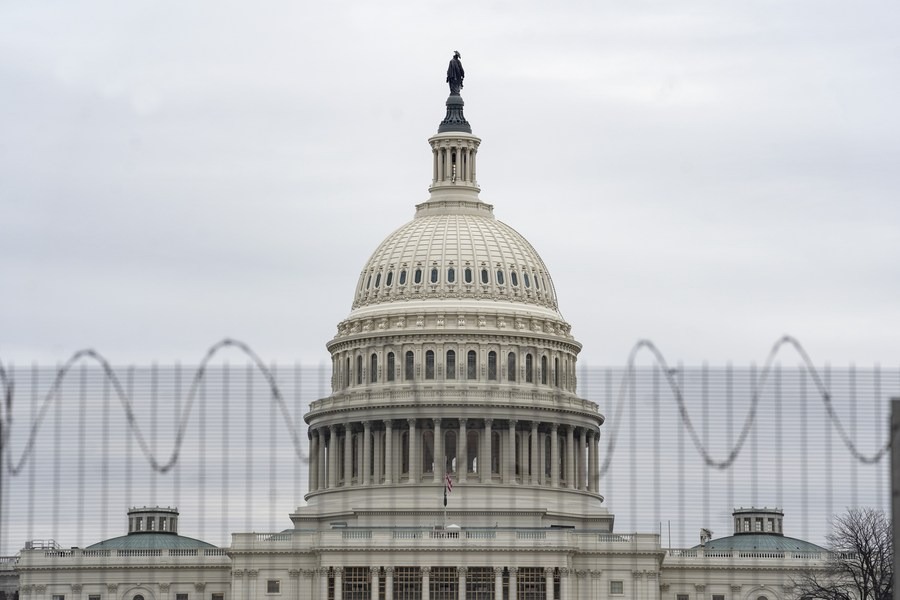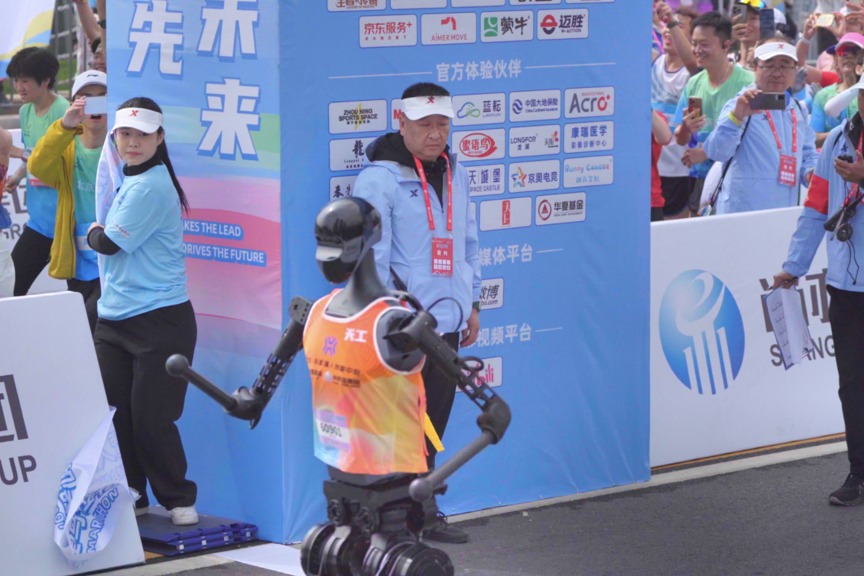Critical partnership


Editor's note: The world has undergone many changes and shocks in recent years. Enhanced dialogue between scholars from China and overseas is needed to build mutual understanding on many problems the world faces. For this purpose, the China Watch Institute of China Daily and the National Institute for Global Strategy, Chinese Academy of Social Sciences, jointly present this special column: The Global Strategy Dialogue, in which experts from China and abroad will offer insightful views, analysis and fresh perspectives on long-term strategic issues of global importance.
China and Indonesia should work together to ensure supply chain resilience in Asia
Recent developments in international trade have signaled that the United States is working to increase its economic engagement in the "Indo-Pacific", with a view to challenging the economic influence of China. The Joe Biden administration launched the "Indo-Pacific "Economic Framework for Prosperity in 2022 with regional partners including Indonesia. However, a notable absentee from the IPEF is China. The exclusion of China from the framework can be perceived as the Biden administration's attempt at undermining the de facto common denominator. The souring of US-China relations does not offer strategic benefits to emerging economies in the long-run. Instead, it will cost a lot if the IPEF turns out to be a mere geopolitical tool of the United States.
The initial idea behind the IPEF was appealing to Indonesia for two reasons. First, the initiative offers more choices. This is important, as emerging economies such as Indonesia are interested in having flexibility and the ability to choose the most beneficial option for their own national interests. It goes without saying that Jakarta perceives both Beijing and Washington as friends and wants to work with them for the greater benefit of the over 270 million Indonesians. Second, the initiative offers upgrades to the local supply chain. Consumers around the world have been demanding cleaner products with fairer treatment of workers throughout the supply chain. Looking at this trend, Indonesia wants to seize any opportunity, even the smallest one, to improve its understanding, if not necessarily capacity, to keep up with global demand. As such, Indonesia decided to participate in the IPEF since its inauguration.
Now the real question is whether the IPEF has served its initial purposes or is functioning as a geopolitical instrument. From the perspective of a staunch supporter of non-alignment, Indonesia would be the first participant to resist the temptation to geopoliticize this initiative. Indonesia believes that there is no value in pushing China away from the economic conversation.
China remains a critical and indispensable partner for the regional and global supply chain. As mentioned in one article published in the Diplomat in January, China possesses tremendous strengths in manufacturing intermediate products and supplying production inputs to other countries, to the extent that a geopolitically driven de-risking agenda would be unlikely to achieve its goals. Moreover, China's Belt-and-Road Initiative has also inspired Indonesia to play an active role in supplying the world not only with mineral ores but also processed materials. Indonesia and China continue to strengthen economic cooperation by building the Indonesia Huabao Industrial Park in addition to the existing Indonesia Morowali Industrial Park.
Nevertheless, that does not mean Indonesia and China should be satisfied with their current cooperation. The two countries must continuously improve their entangled supply chain by adhering to higher environmental, social, and governance standards. Only with better standards can the Asia-based supply chain capture the global demand and compete with those of Europe and the US. Affordable products may bring the world the quantity it needs but only sustainable production can answer the great challenges of this century. As two major economies in Asia, both China and Indonesia reserve much capital to rally support from other countries in the Global South in favor of a high-quality supply chain without any geopolitical requirements.
Discussions regarding geopolitics unquestionably remain tied with the IPEF. It would be a waste of time and resources if China and Indonesia are heavily focused on one single initiative. What the two countries may have to start doing is elevating their commitment to jointly oversee the implementation of Belt and Road projects in Indonesia. All industrial parks under the partnership between the two countries must begin to use renewable energy power plants, invest in the best occupational safety measures possible, and publish relevant development information for the public. Pursuing multilateral actions must not be forgotten too. Beijing and Jakarta can advance sustainable development and green economy provisions in the currently negotiated upgrade of the Free Trade Area between China and the Association of Southeast Asia Nations. This area of cooperation has not been thoroughly explored in the industrial sector.
The other option is going the Regional Comprehensive Economic Partnership route. Since there is no sustainability chapter in the RCEP, the low hanging fruit that China and Indonesia can harvest is exploring ways to build up the sustainability capacities of the RCEP Support Unit. The unit could act as an anchor to mainstream sustainable agenda across RCEP member countries and sectors. As challenging as it may sound given Indonesia's inclination toward coal and palm oil, this idea may be the rational pathway to make the supply chain resilient against geopolitical disruptions and climate change. It is time to seize the opportunity together and focus on what actually matters
Muhammad Habib is a researcher at the Department of International Relations at the Center for Strategic and International Studies Indonesia. Pieter Pandie is a researcher at the Department of International Relations at CSIS Indonesia. The authors contributed this article to China Watch, a think tank powered by China Daily.
The views do not necessarily reflect those of China Daily.
Contact the editor at [email protected].


















